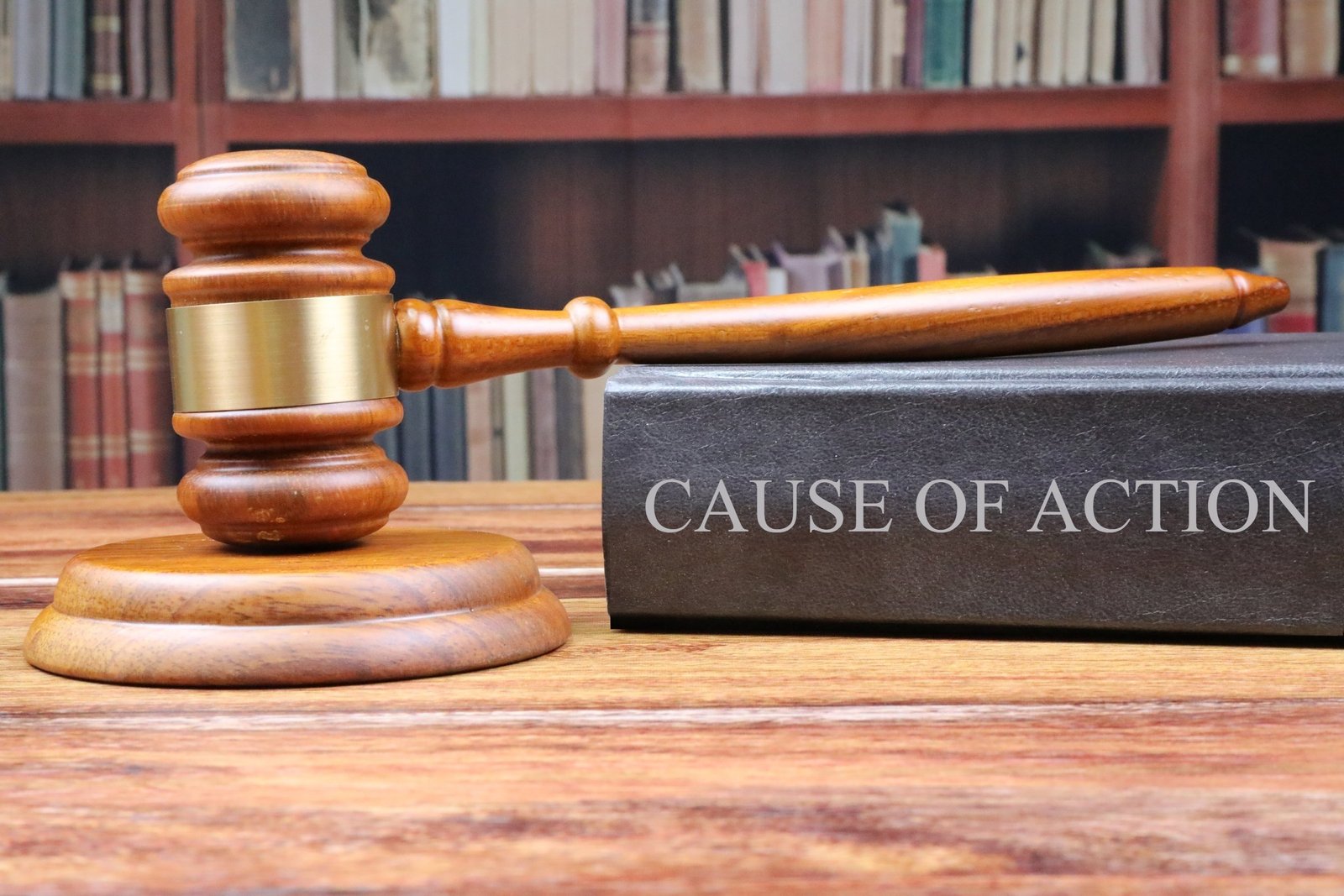The Kerala High Court has reinforced a crucial aspect of cheque bounce cases under Section 138 of the Negotiable Instruments Act, 1881 (NI Act), emphasizing that the cause of action arises only after 15 days from the deemed service of the demand notice, even if the notice is refused by the drawer.
Key Aspects of Cheque Bounce Cases Under Section 138 NI Act-
Cause of Action: Doesn’t accrue on cheque dishonor; it arises when payment isn’t made within 15 days after deemed service of demand notice.
Demand Notice: Must be sent within 30 days of cheque dishonor; drawer has 15 days to make payment post-service.
Deemed Service: If notice is refused, service is deemed effective; cause of action then arises post non-payment in stipulated period.
Moratorium Under IBC: Supreme Court (Vishnoo Mittal v. M/s Shakti Trading Company, 2025) clarified moratorium under Insolvency and Bankruptcy Code (IBC) impacts proceedings if cause of action arises post-moratorium.
Elements for Offence Under Section 138 NI Act
Cheque Issued for Legally Enforceable Debt/Liability: Cheque must discharge a debt/liability.
Dishonor Due to Insufficient Funds/Exceeding Arrangement: Applies for insufficiency, not technical reasons like signature mismatch.
Demand Notice Served: Payee sends notice within 30 days of dishonor.
Non-Payment Within 15 Days: Drawer fails to pay within 15 days post notice service.
Judicial Stance-
Supreme Court (Vishnoo Mittal Case, 2025): Clarified cause of action timing impacts interplay with IBC moratorium.
Presumptions: Sections 118 & 139 NI Act presume cheque’s validity; burden on accused to rebut.
The Kerala High Court has clarified that in cheque bounce cases under Section 138 of the Negotiable Instruments Act, the cause of action arises only after 15 days from the deemed service of the demand notice, even if the notice is refused by the drawer. This ruling underscores that the drawer gets a 15-day window post deemed service to make payment, emphasizing the importance of timing in legal proceedings related to cheque dishonor. The judgment aligns with principles governing deemed service and highlights considerations relevant when interplay with other laws like the Insolvency and Bankruptcy Code occurs, shaping how cheque bounce cases are prosecuted in India.

